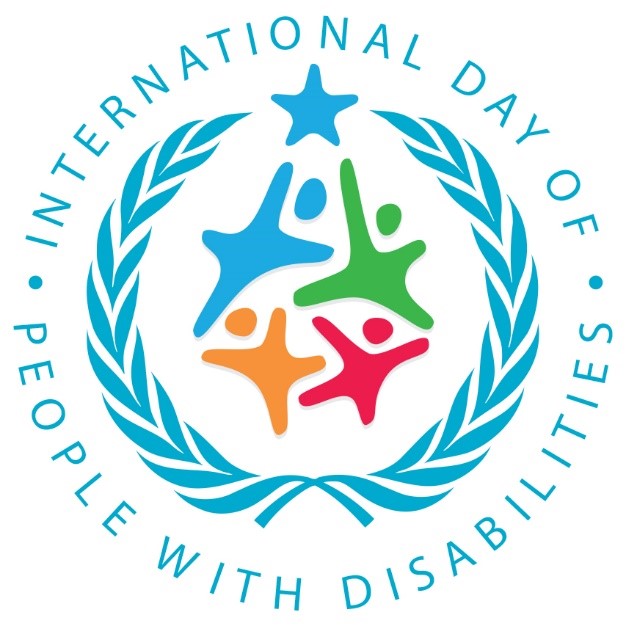Gender norms also apply to the expectations around food and cooking. "I am a widow therefore I can cook: I am a widower therefore I need someone to cook for me" is unfounded.
December 3rd celebrates International Day of People with Disabilities. Together, we can fight for the rights of people with disabilities in the post-COVID era. Elsevier is proud to offer a free access special issue with over 50 book chapters and journal articles dedicated to fighting for the rights of people with disabilities in the post-COVID era.
Elsevier,
Handbook of Algal Biofuels. Aspects of Cultivation, Conversion, and Biorefinery, 2022, Pages 167-179
This chapter advances SDGs 6 & 7 by describing the use of halophilic algae for the desalination of seawater for drinking and other uses.
An Article on the impact of the COVID-19 pandemic on the global prevalence of depressive and anxiety disorders in 2020, in the context of SDG 3, highlighting the need for mitigation strategies to promote mental wellbeing and target determinants of poor mental health.
Elsevier,
Hematology/Oncology Clinics of North America, Volume 35, Issue 6, December 2021, Pages 1181-1196
This content links with Goal 3: Good health and well-being and Goal 10: Reduced Inequalities by providing insights on rare coagulation factor deficiencies.
Climate change is both an important social determinant of health (SDH) and a worsening public health threat. Though a warming climate threatens everyone, pediatric populations are particularly vulnerable.
Elsevier,
Handbook on the Toxicology of Metals (Fifth Edition), Volume I: General Considerations, 2022, Pages 137-182
In this chapter, we review the relevant scientific literature providing insights on health-related effects caused by inhalation of particulate metals, and their potential causal pathways.
The high rate of SARS-CoV-2 infection poses a serious threat to public health. Previous studies have suggested that SARS-CoV-2 can infect human ovary, the core organ of the female reproductive system. However, it remains unclear which type of ovarian cells are easily infected by SARS-CoV-2 and whether ovarian infectivity differs from puberty to menopause.
For International Day of Persons with Disabilities 2021, Stacy Masucci, publisher for bioscience and translational medicine at Elsevier speaks to Richard Mankin and Kate Nash about the challenges, barriers and opportunities for people who live with disabilities in the context of the global pandemic.
This book chapter advances SDG3 Good Health and Wellbeing and SDG 10 Reducing Inequalities by reviewing existing literature examining youth with disabilities involved in cyberbullying and/or cybervictimization.


